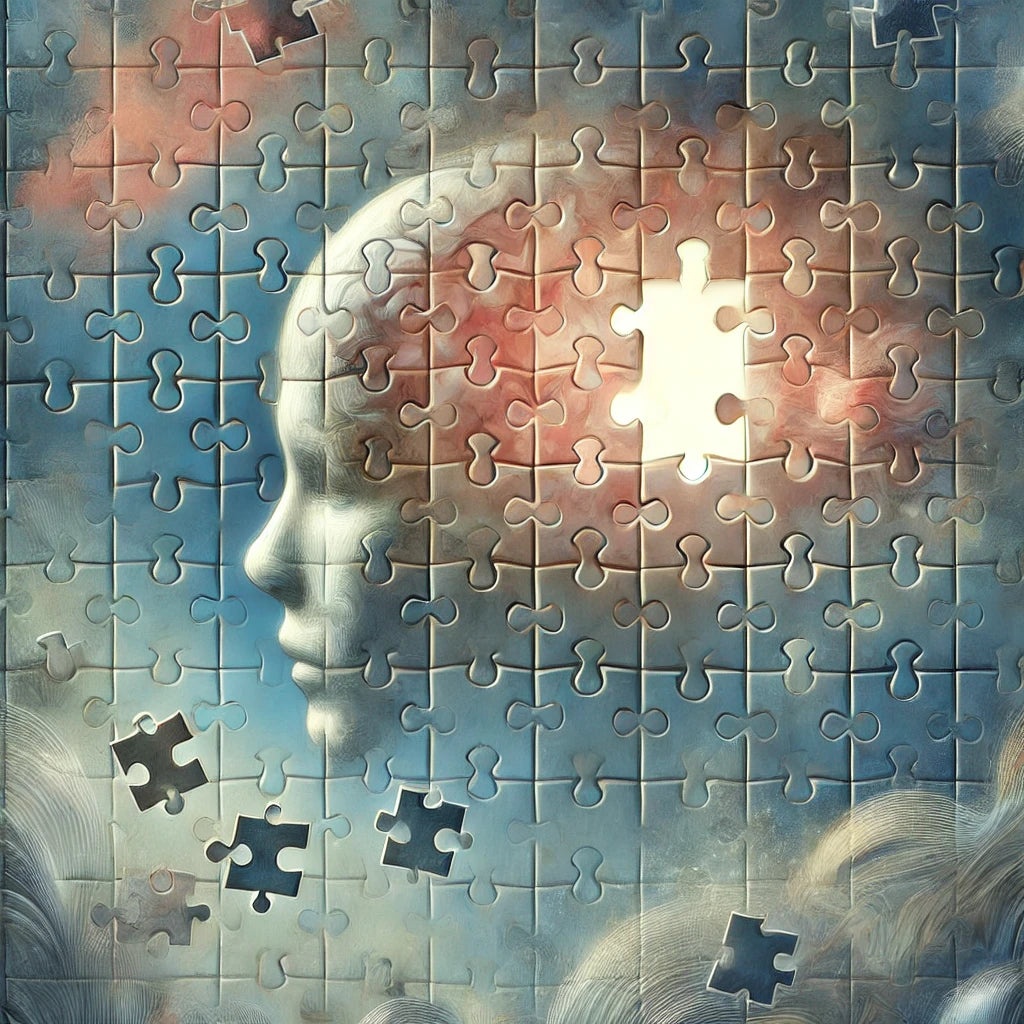News — mental health
The Mind's Defense Mechanism: Dissociative Amnesia and Trauma
amnesia treatment cognitive therapy coping with trauma defense mechanisms dissociation dissociative amnesia emotional healing memory loss mental health psychological resilience PTSD stress and memory trauma and memory trauma impacts trauma-focused therapy
The human mind possesses remarkable ways of protecting itself from distress, and dissociative amnesia is one such defense mechanism. When faced with severe trauma, the brain can temporarily shield an individual from overwhelming memories by making them inaccessible. Dissociative amnesia is a condition where a person loses memory of specific events, typically traumatic or stressful, as a way to cope with the emotional toll.
This condition is not merely about forgetting but represents a profound, unconscious effort to block out painful experiences. While it serves as a protective barrier in the short term, dissociative amnesia can lead to long-term challenges, including fragmented memories and emotional distress. Understanding this mechanism sheds light on how trauma impacts the mind and offers pathways to healing and recovery.
Navigating the Emotional Rollercoaster: The Impact of BPD on Relationships
borderline personality borderline personality disorder BPD and relationships BPD communication BPD rollercoaster emotional health emotional impact of BPD emotional support managing BPD mental health mental health awareness mental health support navigating BPD relationships relationship challenges relationship tips understanding BPD
Borderline Personality Disorder (BPD) is a mental health condition that significantly affects interpersonal relationships. For those who have BPD and their loved ones, relationships can feel like an emotional rollercoaster, full of highs and lows that are both challenging and rewarding. Understanding the dynamics of BPD is the first step in fostering meaningful connections and navigating its impact.
Whether you're living with BPD or supporting someone who is, the emotional intensity can sometimes feel overwhelming. However, with greater awareness, effective communication, and targeted strategies, it's possible to build resilient, supportive relationships that thrive even in the face of these challenges.
Breaking Free from the Cycle: Overcoming Bulimia and Body Image Issues
body image issues body positivity breaking free from bulimia bulimia bulimia recovery counseling eating disorders healthy habits mental health mental health solutions mindfulness nutrition overcoming bulimia overcoming eating disorders recovery self-acceptance self-esteem support support groups therapy
Struggling with bulimia and body image issues can feel like being trapped in an endless loop. The cycle of binge eating, purging, and negative self-perception can dominate your life, leaving you physically drained and emotionally defeated. But here's the truth: recovery is possible. With the right strategies and support, you can reclaim your life and develop a healthier relationship with your body and food.
Overcoming bulimia isn’t just about addressing the symptoms; it’s about confronting the underlying causes, embracing self-compassion, and building resilience. By shedding light on effective methods for recovery and addressing the cultural pressures that often fuel body dissatisfaction, this guide aims to empower you on your journey to freedom and healing.
Breaking the Cycle: Addressing Alcoholism and Mental Health
addiction treatment alcohol abuse alcohol addiction alcohol and mental health alcoholism breaking the cycle coping mechanisms counseling detox mental health mental health solutions mental wellness mindfulness overcoming addiction recovery recovery resources rehab support systems therapy
Alcoholism and mental health are deeply intertwined, forming a cycle that can feel impossible to escape. For many, alcohol is used as a coping mechanism for dealing with mental health challenges like anxiety, depression, or trauma. Unfortunately, this reliance on alcohol often exacerbates these issues, creating a destructive loop that impacts every aspect of life.
Breaking free from this cycle requires more than willpower; it demands a comprehensive approach that addresses both the addiction and the underlying mental health struggles. By exploring the connections between alcoholism and mental health, understanding treatment options, and embracing a support network, individuals can reclaim their lives and build a healthier, more fulfilling future.
Strengthening Family Bonds: Coping with Schizophrenia Together
caregiving community support coping strategies crisis management family bonds family resilience family support family trust managing schizophrenia mental health mental health awareness mental health resources mental illness open communication professional help schizophrenia schizophrenia symptoms self-care stigma reduction support groups
Coping with schizophrenia as a family can feel like navigating uncharted waters. While the condition often presents complex challenges, it also opens a door to strengthening family bonds through mutual support, empathy, and understanding. The journey of living with schizophrenia is not one that anyone has to face alone. With the right resources, a well-informed support system, and shared resilience, families can turn adversity into an opportunity to grow closer.
This article will explore practical strategies for creating a nurturing and supportive environment for families dealing with schizophrenia. By addressing topics such as understanding the condition, open communication, self-care, and professional interventions, we aim to empower families with tools to cope and thrive together. Let’s dive into the ways families can transform the challenges of schizophrenia into a pathway for deeper connection and collective growth.





